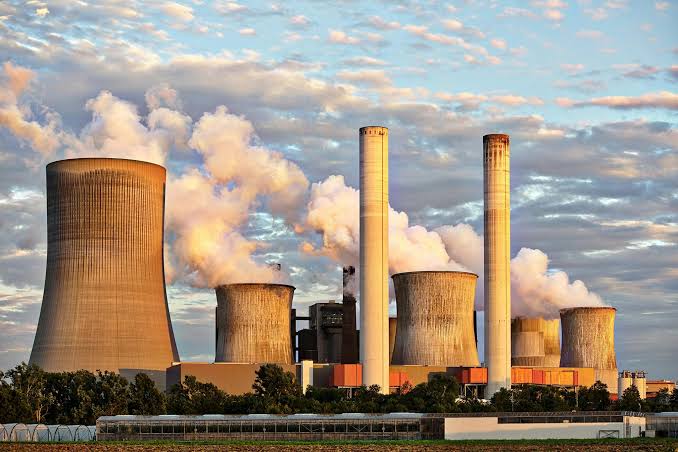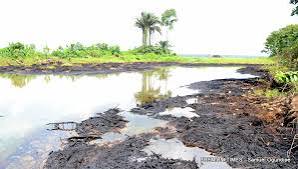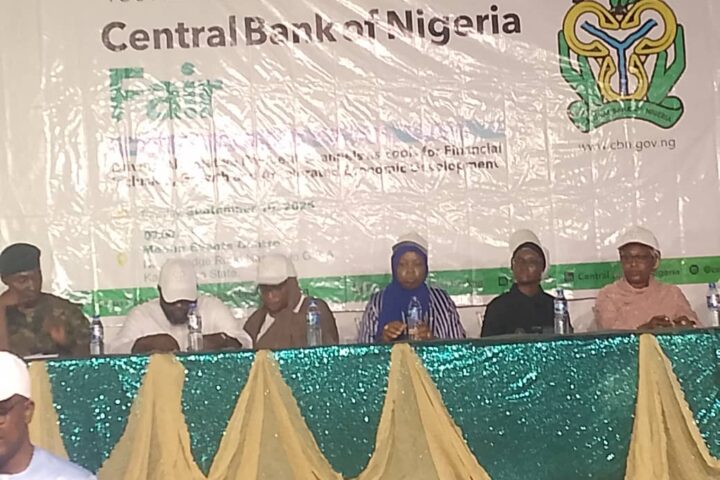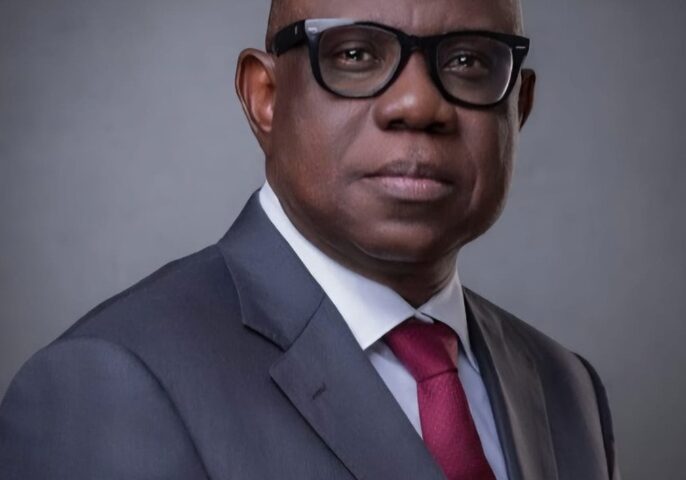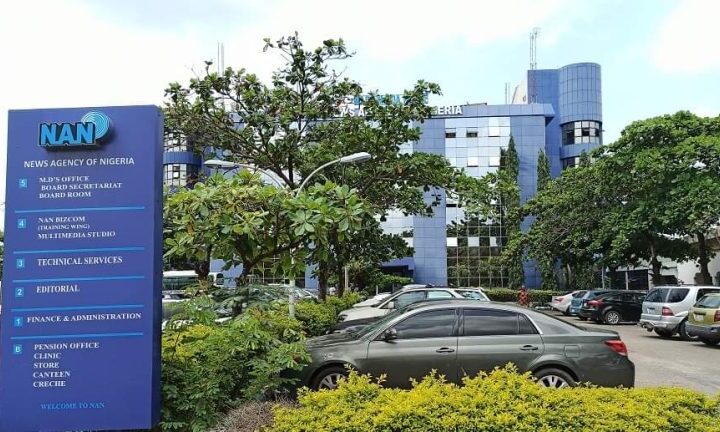Twelve civil society organizations from Africa, Europe, and Russia, has outlined why nuclear energy is not the solution to the continent’s emission reduction efforts.
The groups disclosed this in a published report highlighting the increasing number of African countries considering nuclear energy in their energy strategies
According to the report, nuclear energy is too slow to address the urgent climate crisis, poses risks to human health and the environment, and is not as suitable as renewables for tackling energy poverty.
It further claims Africa is becoming a testing ground and battleground for competing geopolitical interests in nuclear technology exports. The report documents the global, well-funded PR campaigns of the nuclear lobby, including their presence at UNFCCC climate meetings.
The report’s authors sought a halt to plans to invest billions in new nuclear plants, noting that three-quarters of Africa’s climate finance needs remain unmet, and more than half of existing climate finance comes as debt.
They warned that prioritizing nuclear will crowd out much-needed funding for climate mitigation, adaptation, and renewable energy projects.
The report maintained that the climate emergency has given the nuclear industry a new lease on life but maintains that Africa’s energy needs do not require nuclear power.
It advocated investment in clean, safe renewable energy sources, which are abundant across the continent.
Philip Jakpor, Executive Director of Renevyln Development Initiative (RDI), described nuclear plans as a “misadventure.” arguing that Nigeria lacks the capacity to manage nuclear plants, citing longstanding issues with oil and gas infrastructure and warning that nuclear facilities could become targets for terrorism, requiring military-level security.
Alberta Kpeleku, Executive Director of 360 Human Rights, calls for Ghana to reject nuclear power, citing risks such as accidents, radioactive waste, health hazards, security threats, and nuclear proliferation. She advocates for prioritizing renewables like solar, wind, hydro, and geothermal energy.
Phyllis Omido of Kenya’s Centre for Justice, Governance and Environmental Action, and a Goldman Prize recipient, expresses solidarity with Ghana’s anti-nuclear movement, stating that nuclear energy would amount to “energy slavery” for Africans, while renewables offer freedom for people and the planet.
Sam Mucunguzi, Executive Director of Uganda Environment Action Now, acknowledges Uganda’s energy needs but notes that the country already has excess power and questions the feasibility of nuclear plans, given their high cost and long timelines. He warns that nuclear development could further indebt Uganda and advocates for cleaner options like solar, wind, and hydro.
Francesca de Gasparis, Executive Director of The Southern African Faith Communities’ Environment Institute, argues that nuclear energy is neither needed nor wanted in Africa, citing factors like cost, safety, construction time, and waste management.
Vladimir Slivyak, Co-Chair of Russian Environmental Group Ecodefense, describes nuclear power as expensive, slow, and dangerous, vulnerable to both climate change and war. He warns of risks such as radiation disasters and nuclear proliferation, and calls for Africa to prioritize safe, affordable renewable energy, given its vast potential.


